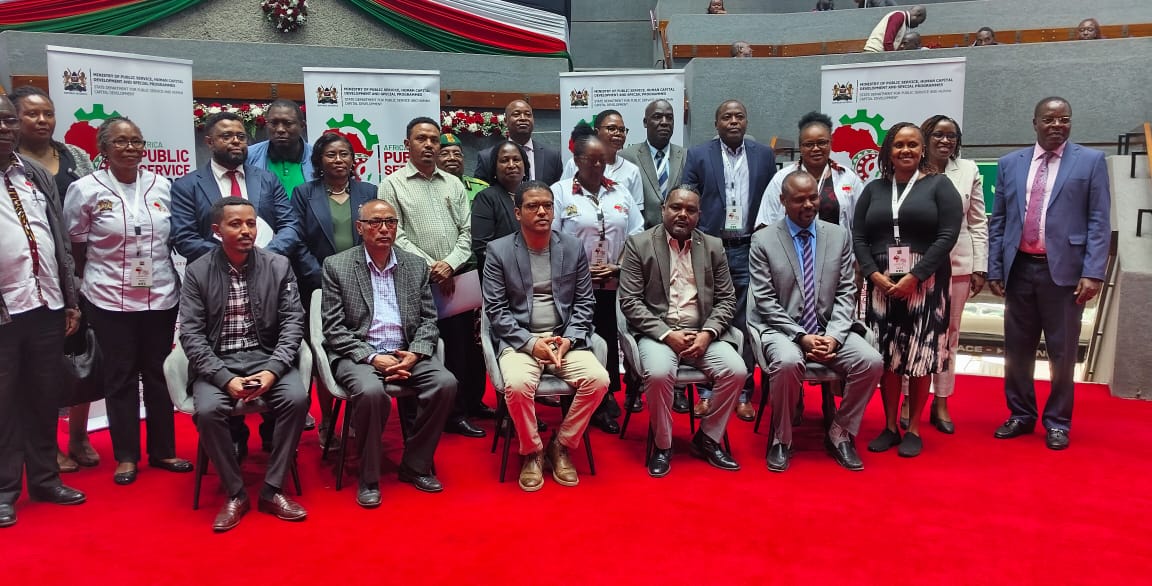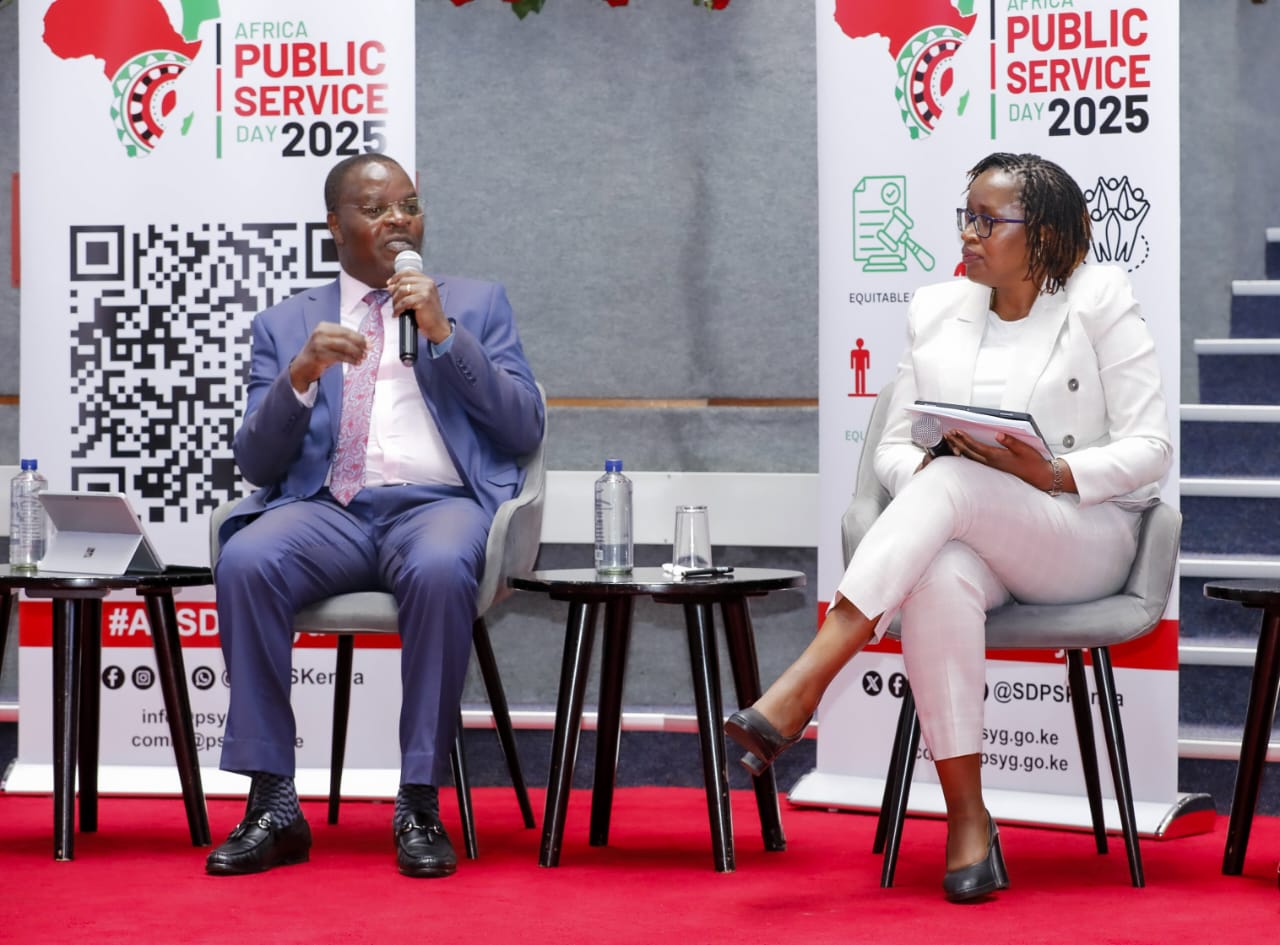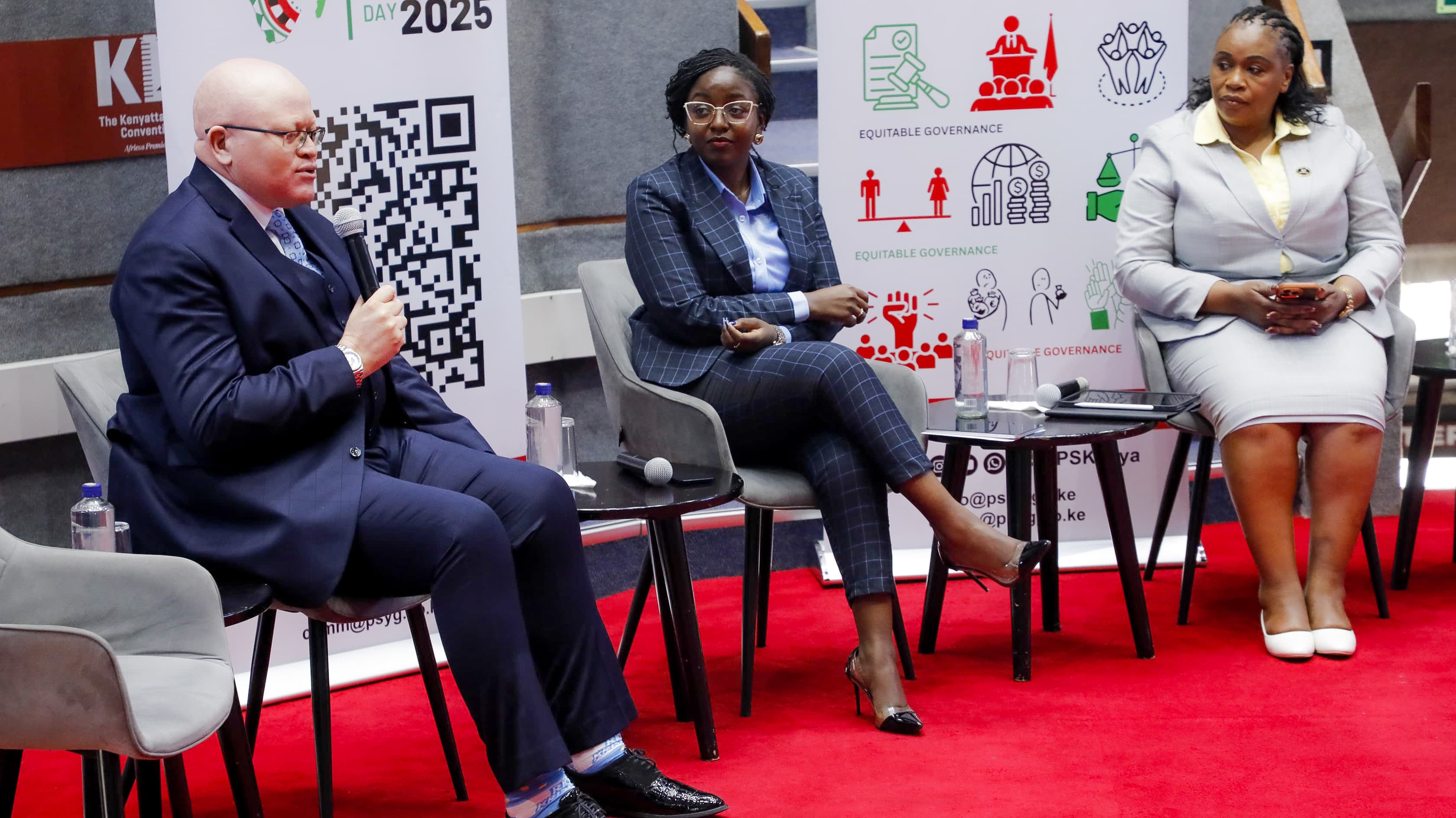Day 2 APSD Highlights: Inclusive Governance & Digital Transformation
Wednesday, 11th June 2025, KICC Nairobi, Kenya
The second day of the Africa Public Service Day (APSD) 2025 celebrations delivered insightful conversations on the future of governance in Africa, centering on inclusivity, legal reform, and digital transformation.
Proceedings began with a timely session on ‘Leveraging Digitalization to Enhance Access to Information and Accountability’. Discussions delved into the transformative role of digital tools in opening up public information, boosting transparency, and reinforcing institutional accountability. Stakeholders emphasized the growing relevance of e-government systems in fostering citizen engagement and inclusive service delivery, while underscoring the need to build transparent, secure digital ecosystems that leave no one behind.
Later in the morning, attention shifted to ‘Legal and Structural Reforms to Achieve Equitable Governance’. This conversation spotlighted the pressing need for citizen-centric legal frameworks, responsive policies, and robust institutional reforms. Contributors stressed that sustainable development and social equity hinge on the creation of laws and governance structures that serve all members of society, particularly marginalized groups.
The afternoon was marked by a powerful dialogue on ‘Civil Society Advocacy and Multi-Stakeholder Collaboration for Inclusive Governance’. This segment reaffirmed the pivotal role of civil society in driving policy change, promoting transparency, and championing inclusive reforms. Speakers called for stronger partnerships among government institutions, the private sector, civil society, and international allies to advance equitable governance and socioeconomic transformation. Special emphasis was placed on the need to elevate the voices of women, youth, persons with disabilities, and minority communities to ensure services are truly inclusive.
As the day drew to a close, participants walked away with renewed commitment to building governance systems that are not only resilient, but also responsive to the needs and aspirations of all citizens.




